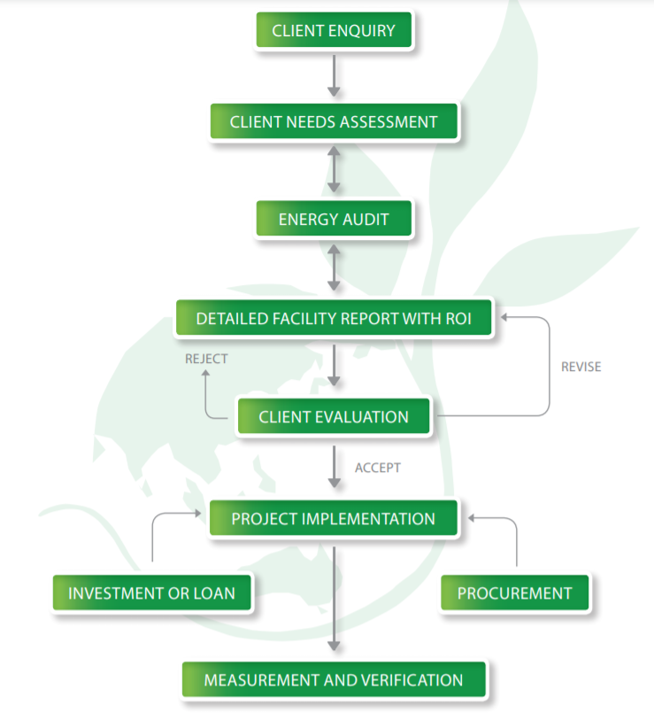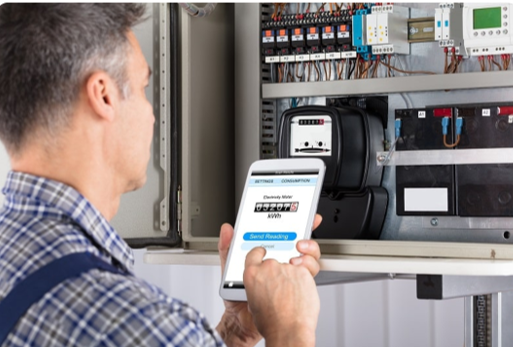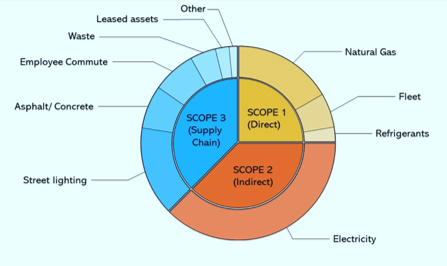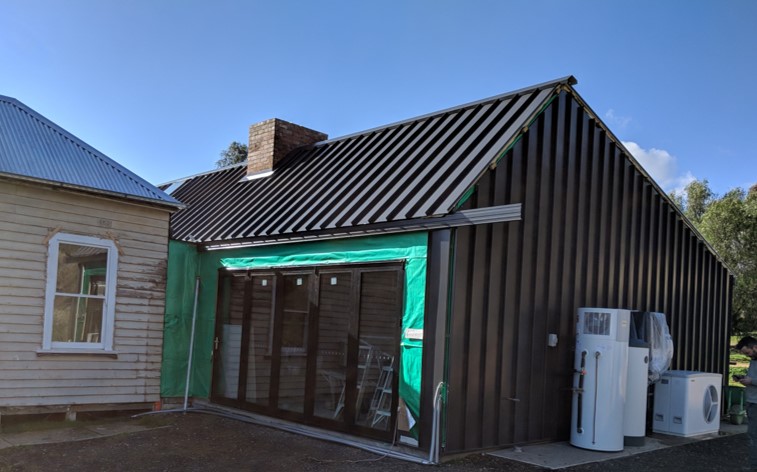
Energy Assessment
Request an energy assessment to reduce energy costs. It helps you to:
- Understand
- Measure
- Manage your energy use
This is more important for industrial and commercial facilities, where energy use is higher. If you can measure it, you can manage it.
Energy Management
Hydrosol recommends CarbonetiX to assist with your energy management, a Melbourne firm with significant experience and capability in this specialized field.
CarbonetiX takes care to uncover the key issues driving your energy use starting with a needs assessment.
Explore the factors causing your energy costs, which may not be obvious at the outset. Review your assumptions and operating practices.
Performance Assessment
CarbonetiX provides performance assessments and evaluations in the following areas:
- Heating, Ventilation and Air-conditioning (HVAC)
- Gas
- Electricity
- Water
- Lighting
- Solar
Energy Audit
Start with an energy audit to gain a broad understanding of your current energy use.
Analyse your current energy demand data and future projections including seasonal and hourly demand, capital and operating costs and other relevant factors.
CarbonetiX provides energy audits from small-scale up to high-level audits for commercial facilities under the quality compliant standard AS/NZS 3598:2014.
Your energy audit will be tailored to your specific needs. It is the basis for your energy assessment and action plan that reduces costs.

Energy Management Program
Consider an Energy Management Program (EMP) if you have high energy use. Identify excessive energy costs and energy savings. The EMP involves the following:
- Utility account management
- Tariff reviews
- Data collection and analysis
- Process improvement
- Bill checking and approval automation
- Utility metering and check-metering
- Temporary data logging and monitoring
- Geographic Information System (GIS) integrating your street, building and vegetation data
- Environmental reporting
- Carbon accounting
- Energy and water auditing
- Solar PV feasibility
- Project implementation and management

Measurement and Verification
Measurement and Verification (M&V) is the process of:
- Planning
- Measuring
- Collecting
- Analysing
- Verifying
- Reporting
M&V Process
The M&V process involves:
- Meter maintenance and recalibration
- Data gathering and screening
- Computations using acceptable estimates
- Computations using measured data
- Quality Assurance
- Third party verification of reports
Action Plan
Explore energy improvements with your M&V report. Create an action plan based upon your energy assessment. This reduces costs because it has:
- Verified ”as is” data
- Specific actions and tasks for improvement
- Operational and financial objectives
- Periodic review and plan revision
Evaluate financial outcomes against your stated objectives going forward. Monitor, review and revise your action plan periodically.
Energy Monitoring
Monitor your actual energy performance against your stated objectives. Identify unfavourable variations.
Achieve real results with energy monitoring.
Carbonetix has specialised tools to monitor electrical, water and gas usage in real time. Set alarm parameters to notify you of variations requiring attention.
Manage your energy usage better with monitoring tools installed.
Typical energy monitoring applications:
- Building energy usage
- Site submetering segmentation
- Portfolio energy analysis
- Process energy consumption
- Energy tracking, analysis and reporting
Carbon Accounting
Carbon accounting involves the creation of a greenhouse gas (GHG) emissions inventory by measuring both direct and indirect emissions from your site. Mandatory environmental reporting requirements are forcing carbon accounting for some and likely to become more widespread in future.
Create a GHG emissions inventory as the basis for your carbon accounting program. This will give you insight into your environmental impact and identify areas and objectives for your carbon emissions reduction plan.

CarbonetiX assists organisations by identifying and measuring all major emissions sources for Scopes 1, 2 and 3 and developing a comprehensive GHG emissions inventory.
Services include:
- Sourcing and verification of utility data
- Identification and quantification of all carbon emissions including the supply chain
- Calculation of emissions using Climate Active and NGER approved standards
- Review and verification of GHG inventories
- Carbon Accounting & Emission Reduction Plans
- Carbon Neutral Modelling
- Assistance with transitioning to carbon neutrality
- Assistance with sourcing diverse and verified carbon offsets conforming to international standards

High Thermal Performance Reduces Energy Costs
Improve the thermal performance of your building. This reduces energy costs.
Systems for heating, ventilation and cooling (HVAC) are geared to your building’s heat load.
Aim for lower heat load to enable the installation of smaller and less expensive HVAC systems, which are also cheaper to operate.
Reduce your heat load through good design with high thermal performance.
